How Insulated Shipping Coolers Enhance Food Safety and Reduce Waste in the Cold Chain Process
In the ever-evolving landscape of food distribution, maintaining optimal temperature control is paramount to ensure food safety and minimize waste. Insulated Shipping Coolers play a critical role in the cold chain process, as they are specifically designed to keep perishable products at safe temperatures during transit. According to a 2021 report by the International Journal of Refrigeration, up to 30% of food produced globally is wasted, often due to inadequate temperature management. Utilizing advanced insulation technology, these coolers significantly reduce thermal loss, enhancing the integrity of the products being transported. Moreover, a study by the Food and Agriculture Organization highlights that improving the efficiency of insulated transport can lead to a reduction of food spoilage by nearly 50%. As food safety regulations tighten and consumer awareness increases, the adoption of Insulated Shipping Coolers becomes not only a necessity but also a sustainable practice that can save companies time and resources while promoting safe food consumption.

Understanding the Role of Insulated Shipping Coolers in the Cold Chain Process
Insulated shipping coolers play a crucial role in maintaining the integrity of the cold chain process, particularly in the transport of temperature-sensitive products. The demand for insulated packaging is evident from the global insulated packaging market, which was valued at $16.01 billion in 2024 and is projected to reach $25.95 billion by 2035, reflecting an increasing emphasis on food safety and waste reduction. As the cold chain market experiences growth, especially in regions such as Europe where it is expected to expand by USD 76.8 billion from 2024 to 2028, innovative solutions like insulated coolers will become essential for ensuring product freshness and safety.
Tips for optimizing the use of insulated shipping coolers include ensuring proper temperature monitoring throughout the transportation process and selecting coolers designed for the specific temperature requirements of the products being shipped. Businesses should also consider utilizing advanced technology, such as RFID, to track shipments in real-time, allowing for prompt action in the event of temperature fluctuations. By implementing these strategies, companies can significantly minimize waste and enhance the overall efficiency of their cold chain operations.
Key Features of Insulated Shipping Coolers That Enhance Food Safety
Insulated shipping coolers have become vital in enhancing food safety and minimizing waste in the cold chain process. These coolers are designed with specific features that ensure consistent temperature control, critical for preserving the quality of perishable goods. One of the key attributes is their advanced insulation technology, which helps maintain desired temperatures over extended periods, preventing spoilage and ensuring that food remains safe for consumption.
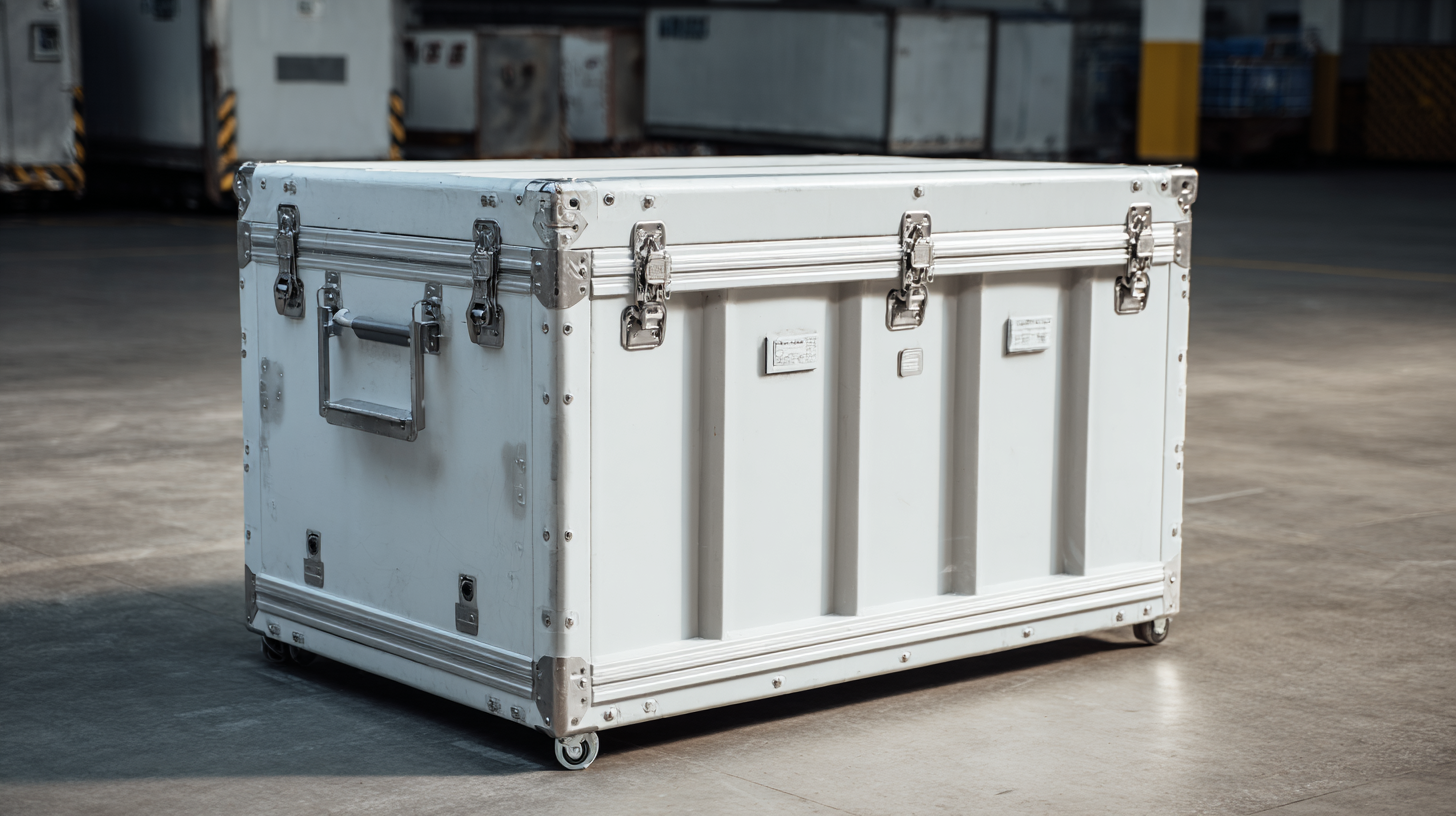
To maximize the effectiveness of your insulated cooler, always pre-chill the cooler before adding food items. This step prepares the cooler for optimal temperature retention. Additionally, using ice packs or gel packs can further enhance cooling efficiency without creating a mess. Make sure to fill the cooler as much as possible; less air space inside means less temperature fluctuation.
Another crucial aspect is the material of the cooler. Look for robust, leak-proof designs that are easy to clean. This not only ensures durability but also prevents cross-contamination, maintaining food quality throughout transit. Investing in high-quality insulated shipping coolers is essential for businesses prioritizing food safety and sustainability.
Best Practices for Using Insulated Shipping Coolers to Minimize Food Waste
Insulated shipping coolers play a crucial role in minimizing food waste during the cold chain process. To maximize their effectiveness, it’s essential to adhere to specific best practices. First, proper packing techniques should be employed. This involves stacking items strategically to allow for optimal airflow while ensuring that more perishable items are placed towards the bottom and insulated with ice packs or gel packs. Additionally, utilizing the right size cooler for the shipment is vital; an adequately sized cooler limits unnecessary movement of contents that can lead to temperature fluctuations.
Another important practice is regularly monitoring the temperature inside the cooler. By incorporating temperature loggers or indicators, businesses can ensure that perishables remain within safe temperature ranges throughout transit. It’s also advisable to conduct routine maintenance checks on coolers to repair any damage that could compromise insulation. Lastly, choosing high-quality insulated coolers designed for specific types of food will contribute significantly to prolonged freshness, reducing the likelihood of spoilage and waste during transport. By following these guidelines, businesses can enhance food safety and cut down on waste effectively.
How Temperature Control in Insulated Coolers Affects Food Quality
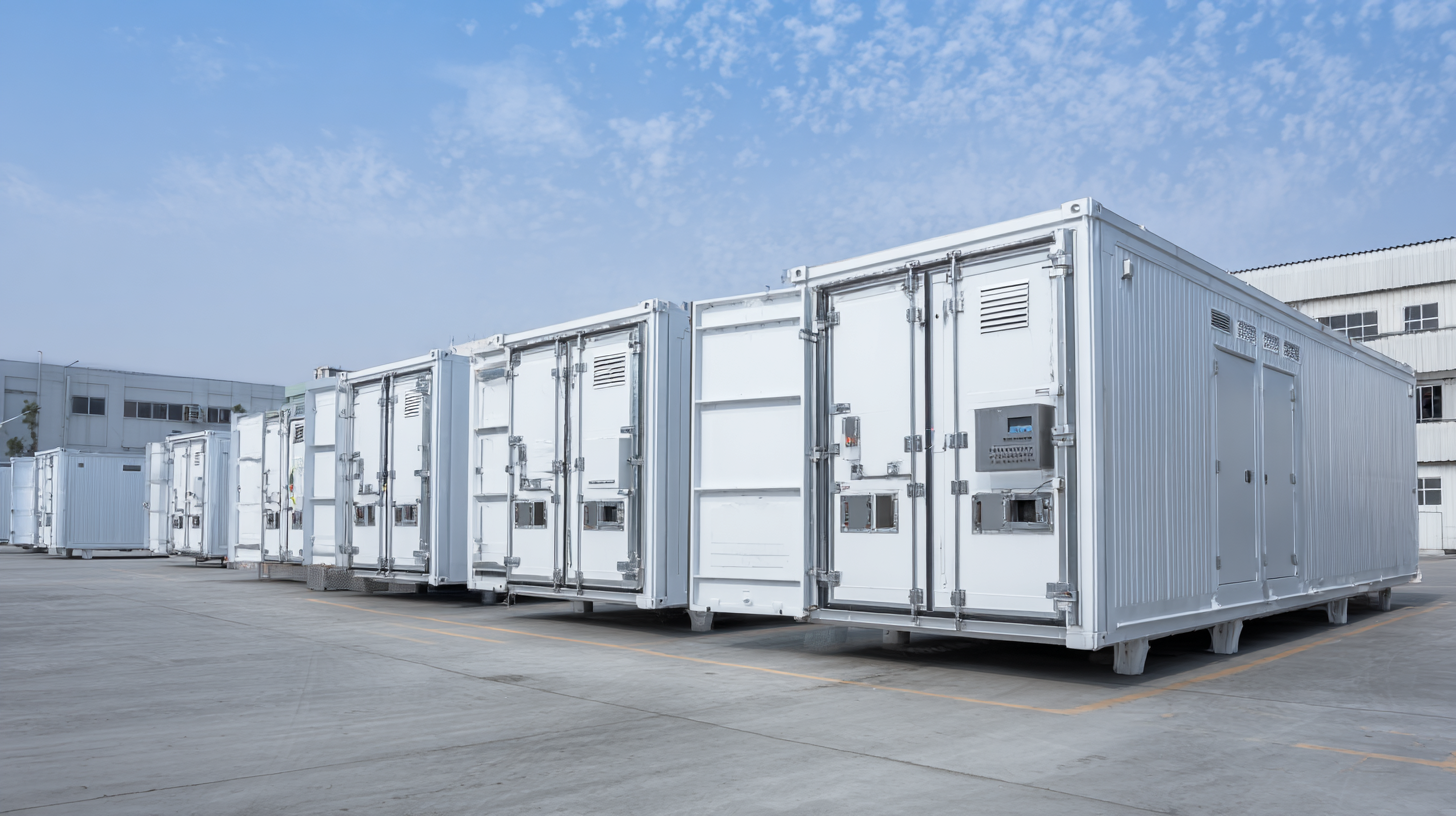 Temperature control in insulated shipping coolers plays a crucial role in
maintaining food quality throughout the cold chain process.
These coolers are designed to provide a stable environment for
temperature-sensitive products,
helping to prevent spoilage and preserve freshness. For instance, in potato storage, maintaining consistent
temperature and humidity levels is vital. Research indicates that traditional storage often fails to
offer sufficient control, leading to quality deterioration. By utilizing insulated coolers, operators can ensure
that the ideal conditions for potatoes—and other perishable items—are consistently met, thereby enhancing overall
food safety.
Temperature control in insulated shipping coolers plays a crucial role in
maintaining food quality throughout the cold chain process.
These coolers are designed to provide a stable environment for
temperature-sensitive products,
helping to prevent spoilage and preserve freshness. For instance, in potato storage, maintaining consistent
temperature and humidity levels is vital. Research indicates that traditional storage often fails to
offer sufficient control, leading to quality deterioration. By utilizing insulated coolers, operators can ensure
that the ideal conditions for potatoes—and other perishable items—are consistently met, thereby enhancing overall
food safety.
Tips: To further enhance the effectiveness of insulated coolers,
regularly monitor temperature and humidity levels within the storage environment. Implementing a digital tracking system
can provide real-time data, allowing for immediate adjustments as needed. Additionally, consider the insulation properties of the cooler,
as better insulation can lead to improved temperature maintenance, reducing energy consumption and minimizing waste.
Investing in high-quality insulated shipping coolers not only mitigates the risks associated with
temperature fluctuations but also supports the growing market for temperature-controlled packaging solutions.
As businesses become more aware of the importance of food safety, the demand for efficient temperature regulation continues to rise,
marking a significant shift in how food is handled during transport and storage.
Evaluating the Cost-Benefit of Insulated Coolers for Food Suppliers and Retailers
Insulated shipping coolers play a crucial role in the cold chain logistics of food distribution, offering significant cost benefits to food suppliers and retailers. By maintaining optimal temperatures during transit, these coolers not only ensure the safety and quality of perishable goods but also help reduce spoilage and waste. The initial investment in insulated coolers can be offset by the savings accrued from minimized product loss and the potential for expanded market reach, as suppliers are better able to transport sensitive items over longer distances.
Additionally, insulated coolers can enhance operational efficiency. Retailers can streamline their inventory management, with longer shelf lives enabling more flexible purchasing and stocking practices. This adaptability not only leads to increased customer satisfaction through fresher products but also contributes to a more sustainable food supply chain by decreasing the frequency of restocking. Ultimately, the adoption of insulated coolers represents a strategic investment that aligns with both economic and environmental goals for food businesses.
Impact of Insulated Shipping Coolers on Food Safety and Waste Reduction
Related Posts
-
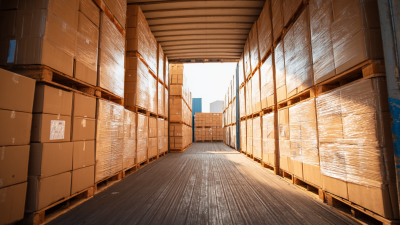
How to Optimize Temperature Control with Insulated Shipping Boxes for Perishable Goods
-
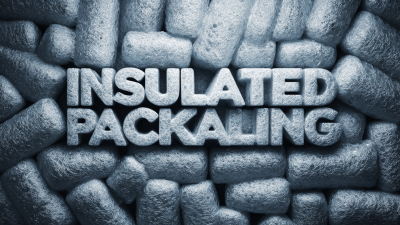
Ultimate Guide to Choosing the Best Insulated Packaging for Your Business Needs
-
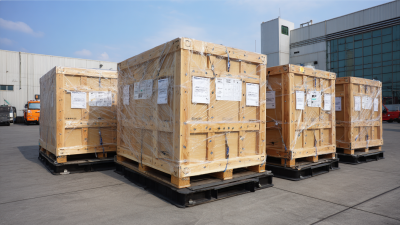
Exceptional Insulated Shipping Kits from Leading Chinese Manufacturers for Global Buyers
-
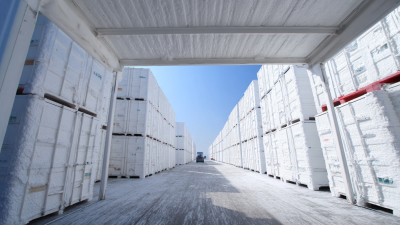
What is a Foam Shipping Cooler and How Does it Enhance Perishable Goods Transport?
-

10 Innovative Insulated Foam Cooler Designs To Keep Your Beverages Cold For Up To 36 Hours
-

The Ultimate Guide to Choosing the Best Insulated Shipping Boxes for Your Business






